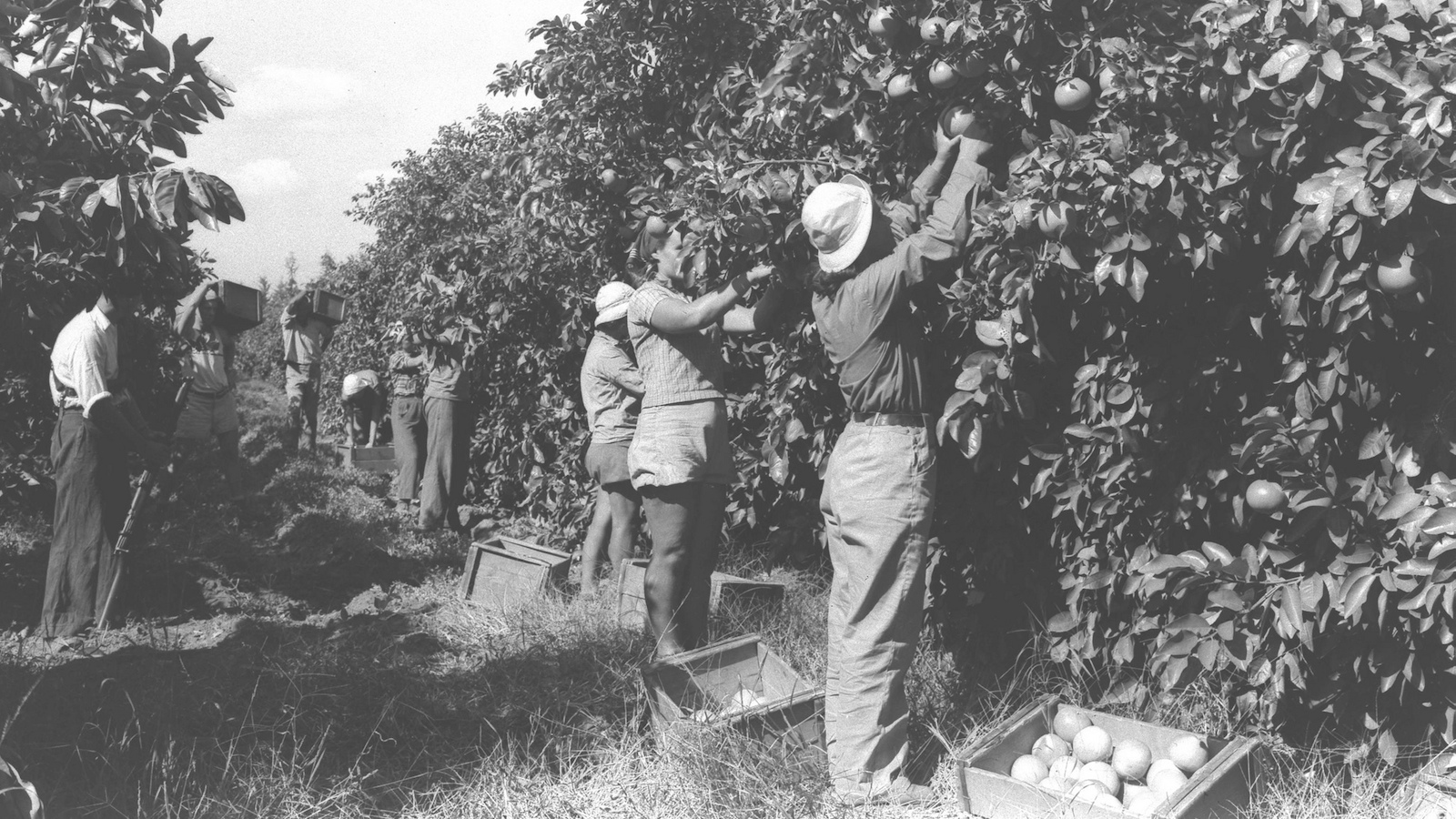Commentary on Parashat Eikev, Deuteronomy 7:12-11:25
What are you willing to die for? In the course of our daily routine, there are certain focal points–actions, comments or individuals–which can ignite our passion like nothing else. While these things may not receive a great deal of conscious thought or even our waking effort, their significance lies in how important they are to our sense of identity, of worth, or of meaning.
Each of us may have different symbols that we care for deeply enough to make a sacrifice. The flag, for some, is significant enough to curtail the Constitution. For others, the Bill of Rights is of such importance that they are willing to tolerate the burning of the national symbol.
Most parents would give up their lives for their children. Some special individuals have given their lives for the children of others. Many people get ulcers and heart attacks in the service of wealth, prestige, or beauty. How we live our lives is often determined by what we value most. And that value can be identified simply by asking yourself, “For what am I willing to die?”
According to Rabbi Abraham Joshua Heschel, the most important decision a thinker makes is reflected in what he comes to consider the most important problem. There is only one really serious problem, and that is martyrdom. Is there anything worth dying for? We can only live the truth if we are willing to die for it.
With your help, My Jewish Learning can provide endless opportunities for learning, connection and discovery.
Rabbi Heschel’s point is that our lives derive their ultimate value and sense of purpose not necessarily by what receives most of our time, but what commands our deepest commitment. Today’s portion deals with this issue in a specific context. This portion speaks of “the Land which God swore to your ancestors,” the Land of Israel. That land has been the focus of Jewish dreams and Jewish efforts throughout the millennia. The (commandment) of Yishuv Ha-Aretz, settling the Land, is one of supreme importance. And there are many who are willing to sacrifice their own lives, and the lives of others, to acquire and to keep larger portions of that sacred soil.
In Israel today, and throughout world Jewry as a result, a vituperative debate rages between those who hold that Eretz Yisrael (the Land of Israel) is the supreme value and others who insist that Jewish sovereignty and Jewish lives are the highest value. Because of that difference in perspective, some are willing to endanger Jewish lives to stake a claim to more of Eretz Yisrael, and some advocate abandoning some of the Land in order to save Jewish lives (not to mention a sense of fairness for Palestinian nationalism as well).
Is the Land of Israel of ultimate value? Or is it a valuable tool toward some more encompassing end? The Torah we read this week is unambiguous on that score.
“Keep all the commandments which I command you this day, that you may be strong, and go in and possess the land, into which you go to possess it; and that you may prolong your days in the land.”
The Land is of importance, not as an end in itself, but as the necessary backdrop for the fullest possible encounter with God. Only within the Land of Israel is it possible to observe all the mitzvot commanded in the Torah and the Talmud, and only within the Land are the rhythms of Jewish life and religion the basis of daily life.
Yet, the significance of the Land is not intrinsic to the Land itself. The Land is not the goal, but rather a sacred means to an even more sacred end. The ultimate goal is to observe all the commandments–including to “have one law for yourself and for the stranger,” including to “seek peace and pursue peace,” including to “love the stranger.”
The Land matters because it can lead to the creation of truly Godly Jews. To the extent that we utilize the promise of the land to become more compassionate, more loving and more just–to that extent alone do we merit inhabiting the Land. And only to that extent do we fulfill the purpose of our being there in the first place.
The ultimate goal of Judaism is to build Godly Jews. The Land, as with every other aspect of Judaism, is a sacred rung on the ladder of holiness. But the goal remains holiness, not the ladder itself.
Reprinted with permission from American Jewish University.



